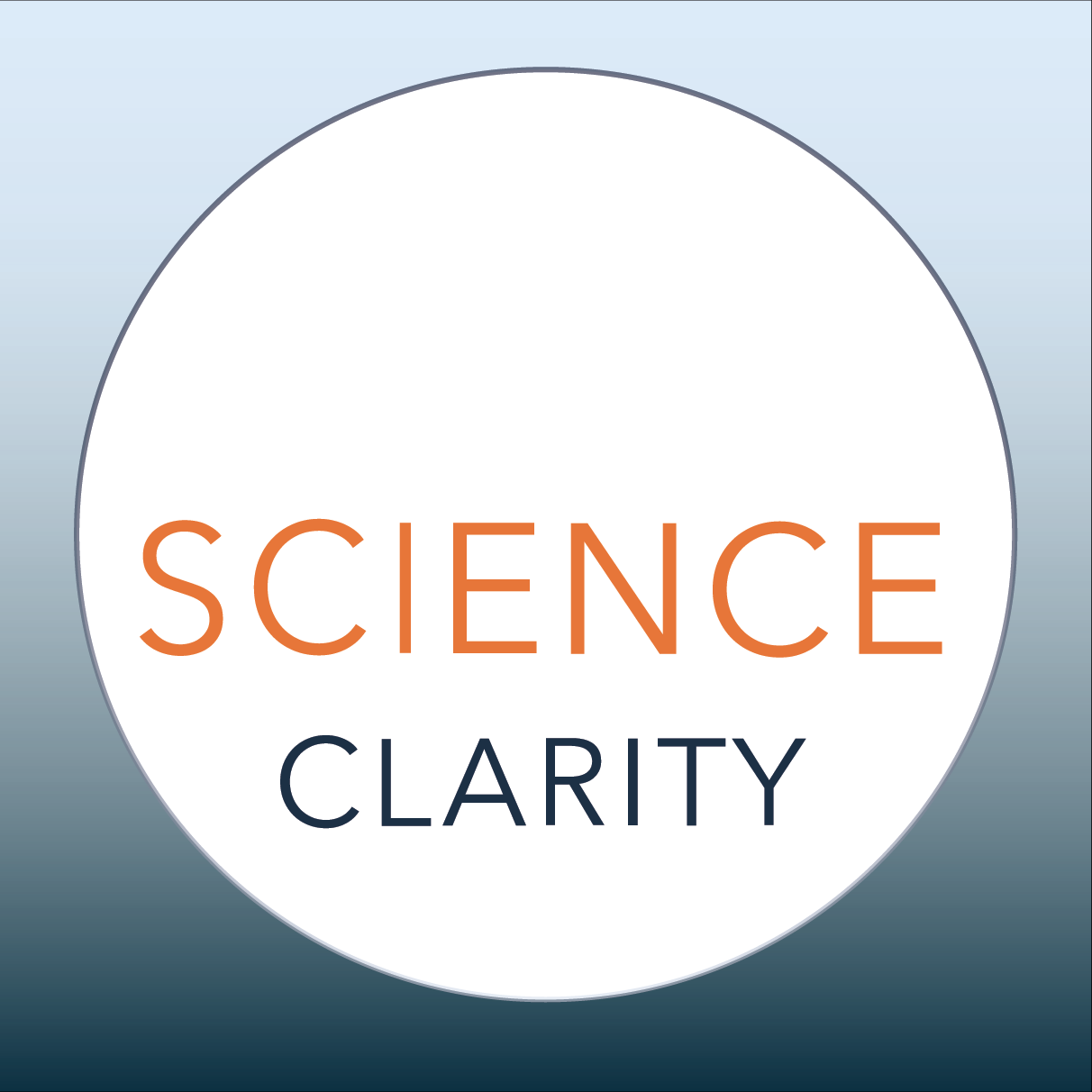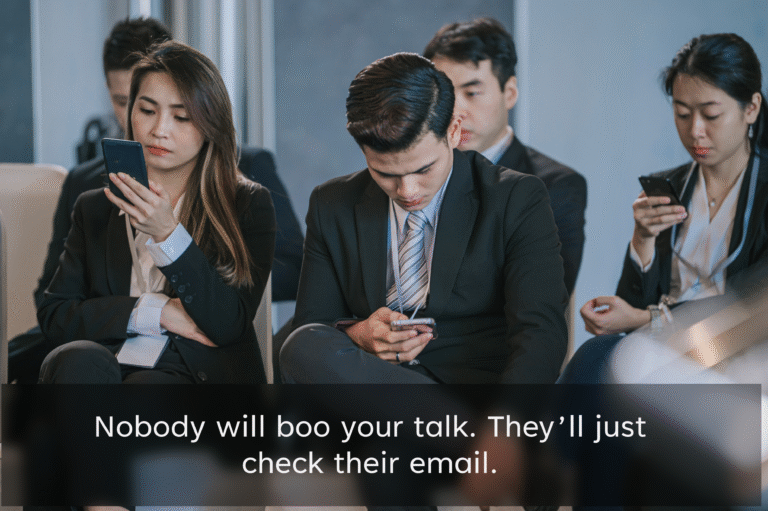I don’t finish books I don’t like.
Not even the ones I pick for my book club. Why should I force myself to read something I’m not enjoying when I could be doing something more useful?
I’ve learned that whether or not I finish a book depends less on the topic and more on how the story is told.
Here’s what a book needs to keep my attention:
- An original, imaginative story
- A story that’s told well
- A clear plot with no unnecessary tangents or red herrings
Most of the books I’ve abandoned violated rules 2 and 3. The main message was lost in a maze of subplots, or it was presented so dully that I couldn’t care enough to find the point.
And that’s exactly how bad scientific communication fails too.
Polite indifference is the worst feedback of all
If a book doesn’t hold your attention, you close it and move on. If a scientific presentation doesn’t engage you, you probably won’t walk out, but you will stop listening. You’ll check your email, make a grocery list, think about lunch. . . .
We’ve all done it.
Occasionally, though, someone pushes back. I once had a colleague who would interrogate presenters until he understood their point. It was as awkward as it sounds. His thinking was, “I gave you 60 minutes of my attention. If I still don’t understand what you said, then that hour was wasted. I’m trying to salvage it.”
He’s not completely wrong.
When someone engages with your work—whether it’s a report, a poster, or a presentation—you are asking them for something valuable: their time and attention. That’s a big ask.
Three ways to make your presentation worth people’s time
- Know your key message cold. If you can’t summarize your message in two sentences or fewer, keep refining it. Without an ultra-clear takeaway, you will never be able to communicate your point clearly because you don’t know what it is. Think of it like planning a road trip. You can’t map the best route if you don’t know your destination. Without a clear endpoint, you’ll wander—and likely lose your audience along the way.
- Maintain a laser focus on that key message. Every element of your presentation—every slide, sentence, chart, and sidebar—must support that one key message. If something doesn’t reinforce your main point, cut it. No exceptions.
- Edit, edit, edit. Even “interesting” extras can derail a presentation. Audiences assume everything you say is important. So when you include unnecessary details, your listeners waste mental energy trying to figure out how those details matter. That confusion doesn’t make your communication more nuanced; it just makes your message harder to follow. And when people get confused, they stop listening.
Just like a good story, your science can be compelling—if you take the time to tell it well.
Ready to make your next presentation worth your audience’s time? Email me “TIME”. I’ll help you clarify your message so you can show off your expertise.


